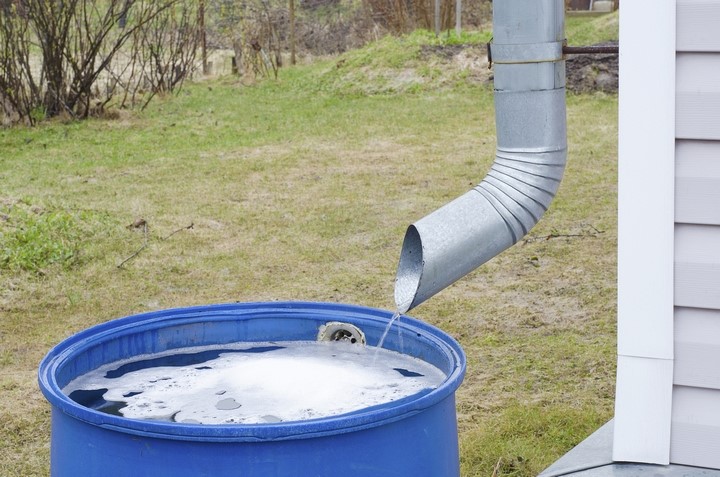Every organized society understands that waste management is important and needs to be handled properly. This is why there must be plans in place to properly manage the landfills, and ensure recycling is engaged, amongst other things.
However, on this note, there is a need for the solidification of liquid waste when the need arises. There is quite a lot that people need to understand about this.
For instance, people need to be aware that there is a clear-cut difference between liquid waste solidification and stabilization. This is even though both terms are used interchangeably a lot and even share some similarities.
Well, the focus here is more on the solidification rather than paying attention to the differences as stated above. So, ensure that you keep reading to be well informed.
What Is Liquid Waste Solidification?

These are all the processes involved in turning waste products in liquid states into something that has some form of structural integrity. The details in terms of structural integrity differ based on the objective of the solidification process.
There are various forms of solid states that can be made out of the once-liquid waste. The eventual result can be a solid outcome with monolithic qualities. On the other end, you can have it converted into a solid that is granular as this can still be considered as solid.
What Determines the End Result of Solidifying Liquid Waste?
There are various factors responsible for the eventual solid outcome of the previous liquid waste. Some of these factors play more important roles than others but by and large, these factors include:
1. Waste Material
You should not generalize all liquid waste materials. The reason is that they are made up of different things and this is also why their solidification process and the expected outcome will differ.
The point being made here is that this waste management process is largely dependent on the kind of material(s) to be worked upon. It also determines the reagent that would be used. Speaking of reagent, you should keep reading to know more about it.
2. Reagent
There are substances or even mixtures that are used to get the reaction(s) necessary for the solidification to take place. This is what reagents (in this context) are all about. For solidification in this regard, several kinds of reagents can be engaged.
The kind(s) used will determine to a great extent the outcome. This is why the right one has to be used. This should also be a major yardstick when choosing a company that handles this solidification.
You need to know how important the reagent used is. This is why top-quality reagents have to be made use of. For one, any kind that you use must have capable bonding properties. What this means is that it has to do a great job of causing the desired reactions that will make the liquid waste eventually become solid. For more on this subject, you can click here.
3. Dose Rate
This point could easily have been discussed as part of the last one and that would have been fine. However, we understand the need for clarity on this and this is why it is brought up as an independent point.
That being said, you should know that there is more to using the right kind of reagent. In addition to using the right one, the reagent(s) also need to be used in the right measure. This means that the dose rate has to be adequate as the heading suggets.
Using the right kind(s) of reagent but in an inadequate measure will not give the desired result. Once again, this is another yardstick to be used in choosing the right company in this line of work.
They need to have measures in place to enable them to know the ideal amount of reagents to be used for the solidification process. This is aside from the need to have and use the right kind of reagents as stressed several times in this article.
Conclusion
Every serious-minded society needs to understand the importance of waste management. Any society that does would also understand the need to have solidification of liquid waste carried out when necessary.
There are several reasons why this needs to be taken seriously. One of the greatest benefits has to do with keeping the environment in the right state and shape. For example, this is about ensuring that our waterways are not contaminated with toxic chemicals from these wastes as they would have been solidified.
This is just a few of the benefit as there are several others. For more information on the benefits of solidifying liquid wastes, you can visit: https://www.epa.gov/
To help you get your liquid wastes properly solidified, we have discussed some things that determine the process. We made mention of the peculiarities of the waste, the reagent(s) used, and the amount/dose. We advise that you bear this in mind when choosing a company to oversee this waste management process.


